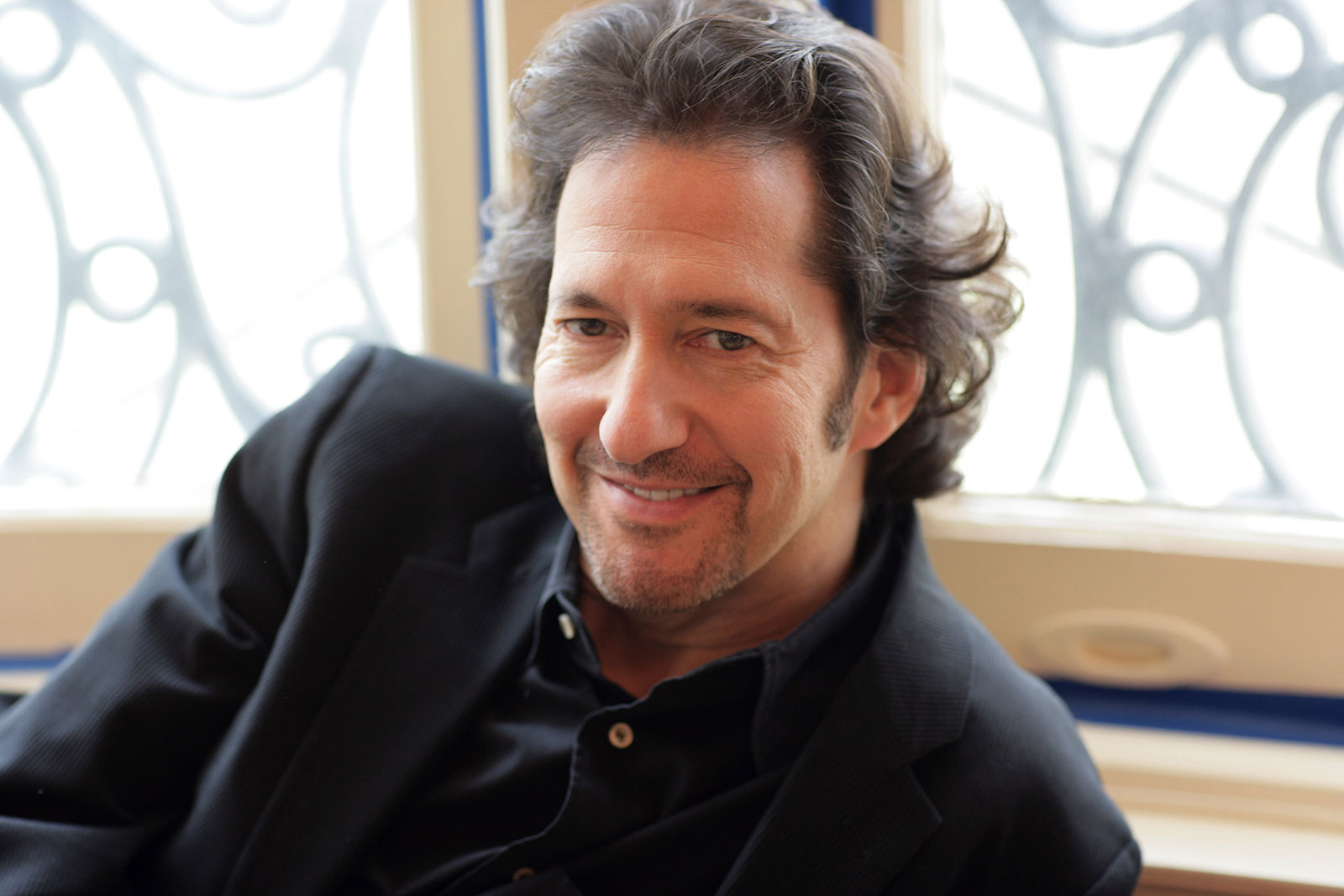In Michael Wolff’s eyes, he is the luckiest guy in the world.
The award-winning jazz pianist and composer was treated for the wrong cancer for over a year, narrowly escaping the clutches of death before doctors at Memorial Sloan Kettering Cancer Center came to his aid.
It all started about eight years ago when Wolff began occasionally experiencing sore lymph nodes. His doctor initially brushed this off, but agreed to refer Wolff to an oncologist when he began experiencing pain.
Other than this one symptom, Wolff was in good health. The oncologist decided to order a PET scan to err on the side of caution. The scan results were troubling.
Wolff was diagnosed with non-Hodgkin lymphoma after further testing. “It’s not curable, but it’s treatable,” Wolff’s doctor told him. Because Wolff wasn’t showing signs of severe ailment, the oncologist suggested waiting on treatment.
“I put it in the back of my mind and I just lived with it,” Wolff says. “Truthfully, I sort of repressed my cancer diagnosis.”
Nine months later, Wolff was no longer able to ignore his reality. In agonizing pain, he returned to the doctor and began receiving treatment for non-Hodgkin lymphoma. He had a positive response at first, but then something peculiar happened—this illness that the doctor had told him was easily treatable stopped responding to treatment.
“I was just feeling sicker and sicker and sicker,” says Wolff, who decided to seek a second opinion. Those doctors also confirmed the non-Hodgkin lymphoma diagnosis. “But the symptoms just didn’t really go away. Then I started getting even worse symptoms.”
Night sweats, rigors, excruciating pain—even Wolff’s Tourette syndrome, which he’d had since he was young, took a backseat due to the cancer’s intensity. Wolff struggled to make sense of his worsening condition. His wife eventually convinced him to go to Memorial Sloan Kettering, where yet another biopsy was performed alongside genomic blood tests that identify mutations. It ended up cracking the case.
The doctor at Memorial Sloan Kettering told Wolff that he had an extremely rare and untreatable cancer called histiocytic sarcoma. Only a few hundred cases have ever been reported.
There was the possibility that Wolff, at some point, really did have lymphoma before it morphed into this new form of cancer. There was also the possibility that Wolff experienced a misdiagnosis. It’s unlikely he’ll ever know for certain, but now he was facing a different beast.
A PET scan showed cancer everywhere on his body. “I asked, ‘Am I going to survive?’ And the doctor said, ‘Well, I’ll fight with you.’ And we went home and that was it,” Wolff recounts.
After a harrowing stint in the ICU with pneumonia and sepsis, Wolff finally received his genomic test results. Wolff’s doctor was initially stumped by his case, but the genomic test results showed a mutation that led to a lifesaving breakthrough.
I asked, ‘Am I going to survive?’ And the doctor said, ‘Well, I'll fight with you.’
Wolff’s doctor prescribed him a medicine typically used for people with metastasized melanoma. It wasn’t the most conventional treatment for Wolff’s cancer type, but what did he have to lose?
Within two days of taking the medication, all of Wolff’s symptoms disappeared.
“After a few days of that, I have my appointment. My doctor was jumping up and down, high-fiving me,” Wolff says. “We did another PET scan; 10 days on this treatment and I had a two percent reduction of all of my tumors. After a few months, there was just no cancer.”
Wolff became the unofficial poster child of histiocytic sarcoma in medical journals. While a drug now exists to treat histiocytic sarcoma, he didn’t have that option at the time of diagnosis. Additionally, Wolff was being seen by a sarcoma specialist but later learned that histiocytic sarcoma is actually a blood-based disease.
“I’m the luckiest guy in the world,” says Wolff, who is now in remission. “I mean, I ended up with a lot of side effects; I take medicine every day. But I’m really lucky. I can play the piano, I can work out, I can travel. I teach at NYU. It’s a miracle. It’s amazing.”
Wolff details this journey and more in his new book, “On That Note.” He began writing his memoir before cancer, but cancer is what pushed him to finish it. It wasn’t easy, though.
“I felt pretty good about my first draft that didn’t include cancer. I sent it to an agent, and he really liked it,” Wolff says. “But he told me, ‘When people do memoirs, they usually have something that’s really difficult to overcome.’ I had something, but I was really avoiding it because I didn’t want to write about it. It was so traumatic.”
One day during treatment, he opened the memo app on his phone and ended up writing the first chapter. After his ICU experience, he asked his doctor what he thought about sharing his cancer journey in the book. “Look, it’s inside you anyway. You might as well write about it,” he told Wolff.

In “On That Note,” Wolff details not only his cancer journey, but his upbringing in the South, his extensive music career and even his time on Nickelodeon’s “The Naked Brothers Band” with his sons Alex and Nat Wolff. And he does it all with an air of transparency and humor.
“It was very cathartic,” he says. “It didn’t cure me of anxiety, but it was a good thing to do. I’m really proud of the book. I like how it came out. Everybody that doesn’t have cancer says, ‘Oh, cancer? That’s scary.’ When you get cancer, it’s another world that you hadn’t ever known before. I got through it, and if anybody can get something from it, that’s what matters.”
“On That Note” by Michael Wolff is available now wherever books are sold.







